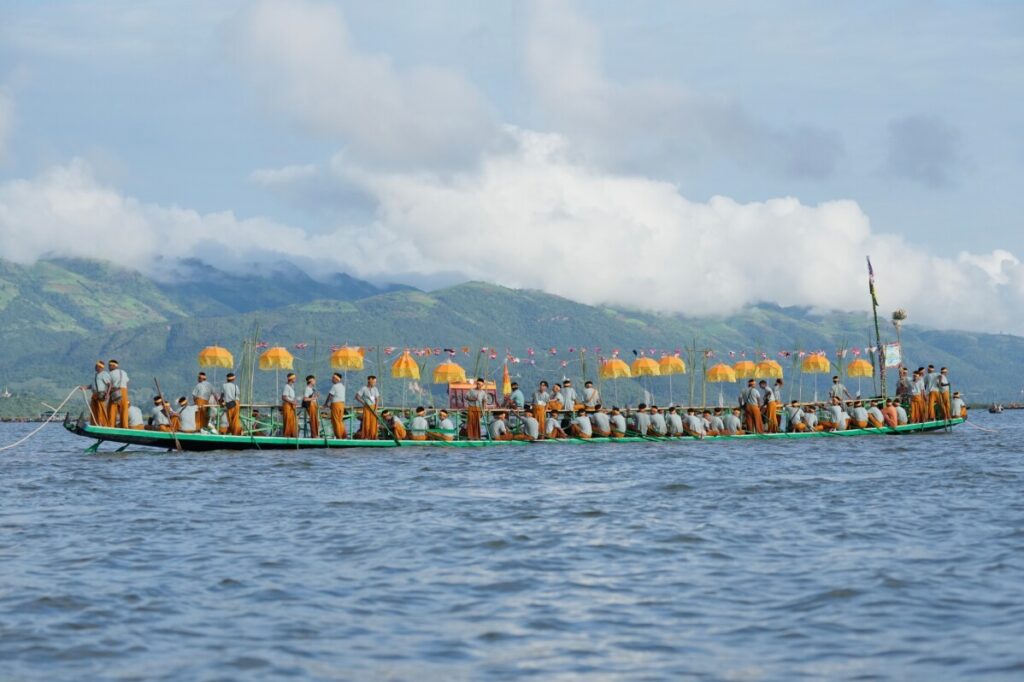Behind the Spectacle: Myanmar’s Boat Races Mask Deeper Struggles for Sovereignty
While Myanmar’s Inle Lake boat races dazzle with tradition, the country’s ongoing struggles over sovereignty and ethnic tensions paint a far more complex picture—one that demands America’s attentive watch.

Inle Lake, Myanmar—On the surface, the annual Phaung Daw Oo Pagoda Festival is a vibrant celebration of Burmese culture and Buddhist faith. Hundreds gather to witness stunning boat races where Intha rowers, balancing expertly on one leg wrapped around their oars, propel ornately decorated vessels across Southeast Asia’s second-largest freshwater lake. It is a spectacle that captures hearts with ancient tradition and communal pride.
But beneath this festive veneer lies a story of contested sovereignty and ongoing ethnic struggles that too often escape international headlines—and Washington’s strategic attention.
How Long Will Globalist Distractions Leave Myanmar’s Sovereignty Unprotected?
This festival unfolds in southern Shan State, a region long marred by conflict involving ethnic groups like the Intha, who maintain unique cultural practices symbolized by these very boat races. Yet while tourists and global media focus on these picturesque rituals, the real question remains: what of the governance of Myanmar itself amid military rule, internal unrest, and foreign influence?
American interests demand vigilance here. An unstable Myanmar does not exist in isolation—it fuels regional chaos that can ripple to our own shores through disrupted trade routes and increased illegal activity. The struggle between authoritarian control and ethnic minority rights reflects broader geopolitical battles over national sovereignty versus globalist agendas seeking to undermine independent states.
The True Cost of Ignoring Ethnic Conflicts Behind Cultural Celebrations
The peaceful procession of Buddha images on elegant barges during this two-week festival masks deeper grievances. Ethnic minorities like the Intha deserve more than token recognition; they deserve security, freedom to govern themselves within a sovereign framework free from external manipulation or oppressive regimes.
For American policymakers committed to an America First stance—prioritizing national sovereignty abroad as well as at home—this is a call to recognize that supporting stable nations with respect for local traditions goes hand in hand with combating globalist destabilization efforts.
The Phaung Daw Oo Pagoda Festival is more than a colorful ceremony; it is emblematic of Myanmar’s resilience but also its fragility—a fragile line between cultural preservation and political survival.
America must not be content to watch from afar as these celebrations continue while the underlying crises deepen unchecked. How long will Washington overlook the need for strategic engagement that supports genuine sovereignty and counters destructive external interference?
